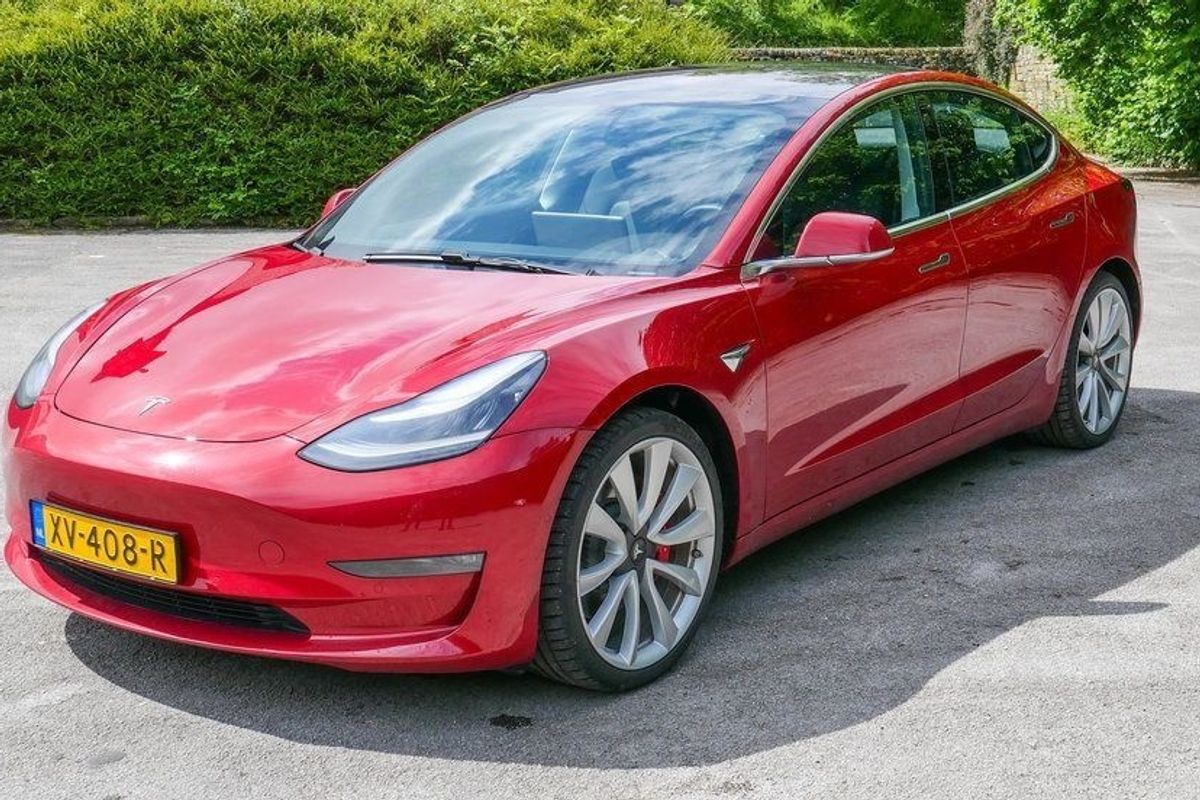
GearBrain
Tesla calls NHTSA petition 'false' about unintended acceleration claim
The carmaker fires back with a post, saying the petition has been filed by a short-seller of the company's stock

The carmaker fires back with a post, saying the petition has been filed by a short-seller of the company's stock
Tesla responded to a petition made with the National Highway Traffic Safety Administration (NHTSA) that claimed the carmaker's vehicles were all capable of accelerating on their own and quickly, calling the claim "false."
The potential NHTSA review was initially reported by Consumer Reports last week, who did not identify the person who filed the petition, stating that the agency declined to give that information. But Tesla now claims that the petition is not only not correct — but "brought by a Tesla short-seller," the company wrote on a blog post on its site.
In the petition, the charge stated that all Tesla cars sold since 2012 had the problem of unintended acceleration, and listed 110 crashes and 52 injuries.
Certainly Tesla cars have been investigated in crashes, including a Tesla Model X that crashed on the Pennsylvania Turnpike in 2016, and another Model X that National Transportation Safety Board (NTSB) investigated following a fatal accident in 2018. That accident is still under review by the NTSB.

Tesla wrote that it has looked at every accident that involved its cars, including any incident where a driver has said the vehicle accelerated on its own without human input. In each alleged situation, Tesla says "the car operated as designed," it wrote. "In other words, the car accelerates if, and only if, the driver told it to do so, and it slows or stops when the driver applies the brake."
Tesla went further and explained that if a driver accidentally presses the accelerator and braking pedals, the car's motor torque cuts off and the car will start braking. And errors read to the accelerator pedal in the Model S, X and 3 vehicles will also cause the motor torque to cut off as well.
What is short selling
Short selling, which is what Tesla is accusing the petitioner of doing, is a method of playing the stock market. An investor borrows stock — makes a promise to buy — and then sells it. The goal is to make a bid to buy a stock, selling it at the current price, and then hoping the price drops when they have to make good on their promise to buy. So they, in essence, sell high — and buy low.
Tesla accusing the petitioner of short selling implies that the person is trying to harm Tesla's stock price, and get it lowered by filing the petition to the NHTSA. Tesla's stock closed at $510.50 a share on Friday January 17th, down .58 percent, or $2.99, from the closing price the day prior. The New York Stock Exchange and Nasdaq were both closed on Monday January 20, 2020 in observation of Martin Luther King Jr. Day, a national holiday in the U.S. The market will reopen, and trading on Tesla will resume, on Tuesday.
Tesla says it is "transparent" with the NHTSA, although the NTSB did get angered over a post the car maker made in 2018 around the Mountain View, California accident. At the time they issued a statement saying that they were "unhappy with the release of information by Tesla."
GearBrain Compatibility Find Engine
A pioneering recommendation platform where you can research,
discover, buy, and learn how to connect and optimize smart devices.
Join our community! Ask and answer questions about smart devices and save yours in My Gear.
